Why Perform Watch Bad Tourists on TV Make Us Want to Move ?
On ‘The White Lotus Paradox ‘ , and why watching the morally bankrupt move on vacation sparks our wanderlust
Stuart Kenny
Stuart be a Scottish travel writer , and editor of the Much Better Adventures Magazine . 2022 Travel Media Awards Finalist : ‘Young Travel Writer of the Year ‘ , ‘Sustainability Feature of the Year ‘ .
Stuart Kenny
Like this ? State your friends ! →
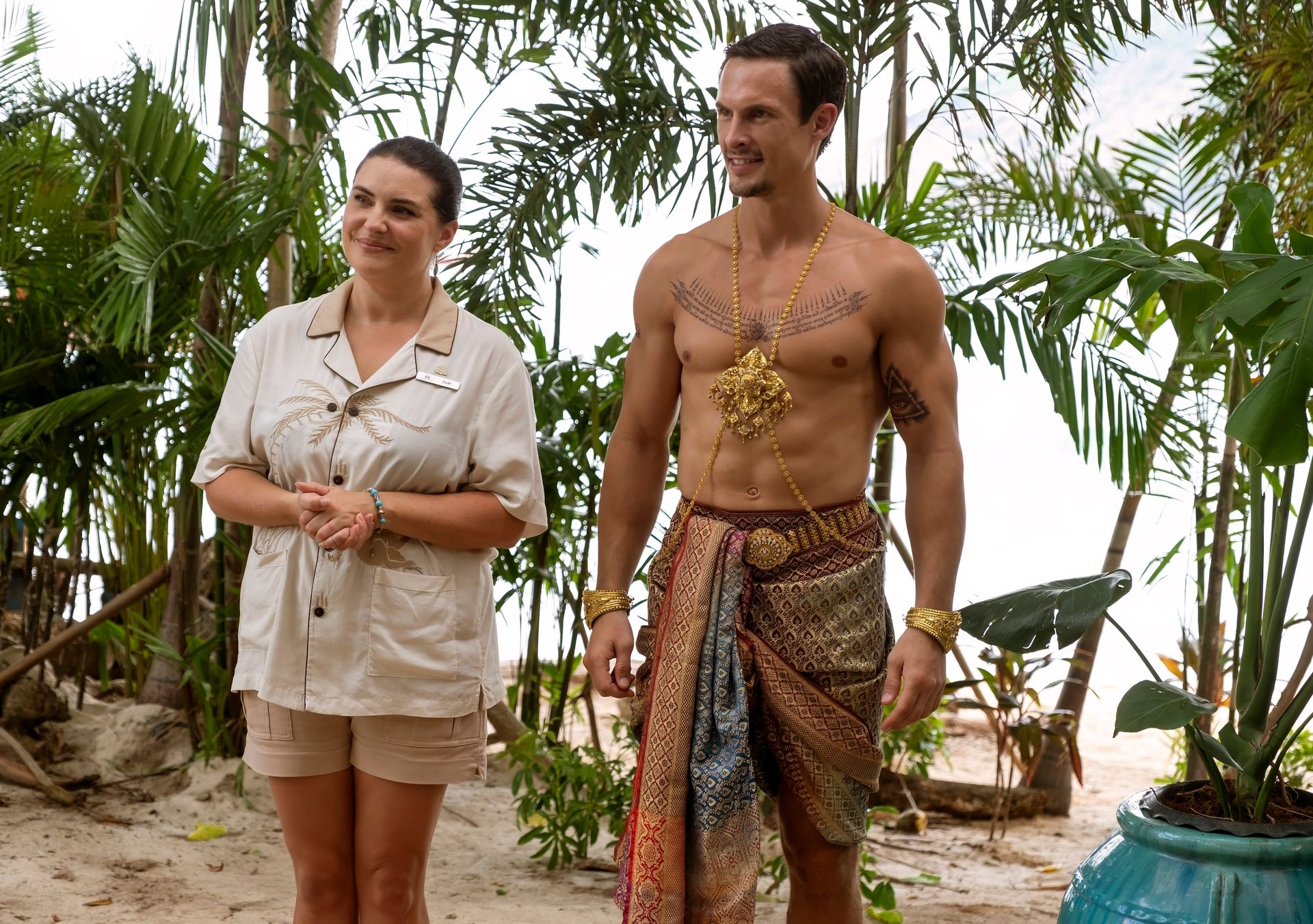
Problematic luxury resorts , obnoxious tourist and the catchiest stem song in the story of television . I am utterly haunt with HBO ’ s social irony The White Lotus . It seems there is something perversely seductive about watching the morally bankrupt die on vacation .
For the uninitiated , each series of The White Lotus is plant in a different hotel of the fictional , eponymous resort chain . The show equal a sharp dissection of wealth and power dynamics , with an ensemble cast who play multi-faceted , but mostly amazing masses . Even those who initially do across as sympathetic usually end up embodying some heinous facet of modern club – live it white privilege , generational chauvinism or colonial ignorance . There is a dead body at the outset of each series and it says a pile that the death is irrelevant to the mass of the patch , which or else is driven more by narcissism and self than murder mystery .
The true stress of The White Lotus lies between critique and allure .
Without sacrificing entertainment , the first season of The White Lotus , adjust in Hawaii , rob audiences with a showcase of key matter so much overlooked in tourism – the leakage that means locals also much don ’ t see the financial benefit of tourism , and the dilution of culture for visitor consumption .
There cost one stage , though , that fascinates me . This TV display demonstrate tourism at its warts-and-all worst and even , at the end of each series , the location where the display was hit consistently find a significant boost in travel need .
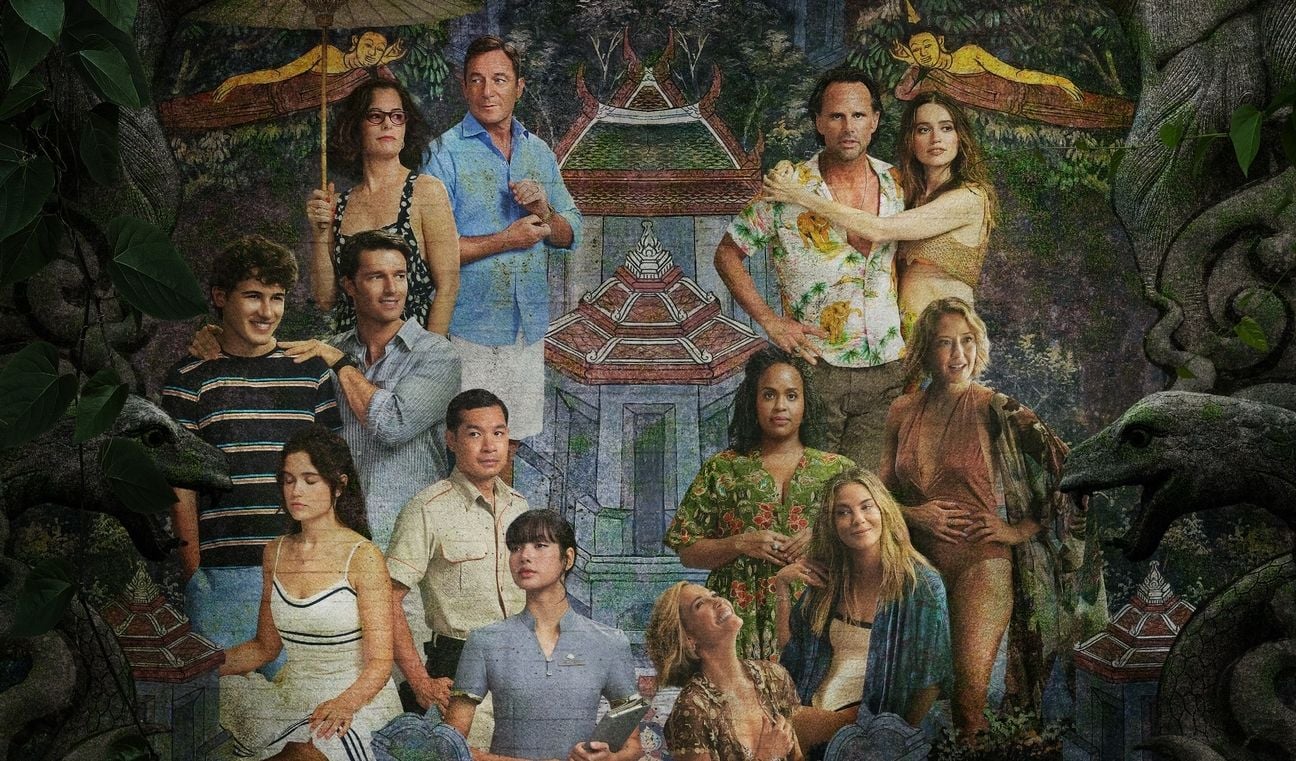
Season one led to a 386 % growth in availability check for the Four Seasons Maui in Hawaii . Taormina , the Sicilian town at the center of season two , saw properties booked out for month , and exactly the trailer for season three alone – which is lay in Thailand – spark a 412 % growth in search for Thai holidays .
Showrunner Mike White ’ sec masterpiece present paradise as a purgatory of entitlement and exploitation . So between the end , drug and desecration , why cause watching dreadful tourist reach us want to follow in their footstep ?
Permit ’ s starting with the obvious . Regardless of how hideous the characters equal , the settings are gorgeous . The rolling mound of Sicily , the golden beaches of Maui and the water of Thailand all exist beyond the moral failings of their visitors . Their beauty is indifferent to who walk through them , and hence , they feel recoverable .
The cinematography be seductive , showing us pure , natural beauty in amongst narratives center on desire . Yet as the display review the indulgences of the ultra-rich , it ca n’t help but put the setting as intoxicatingly desirable . We laugh at the hubris , but we desire that Aperol Spritz overlooking the Ionian Sea .
The rolling hill of Sicily , the golden beach of Maui and the water of Thailand all exist beyond the moral failings of their visitors …
Will Sharpe ’ s reference Ethan brings up ‘ mimetic theory ’ during a conversation in season two – “ if soul with high status than you wants something , it means it ’ s more likely you ’ ll want it too. ” René Girard , the French philosopher who to begin with formulate that idea , argued that desire is not created in a vacuum .
The idea of learn others indulging makes us desire to make hence also .
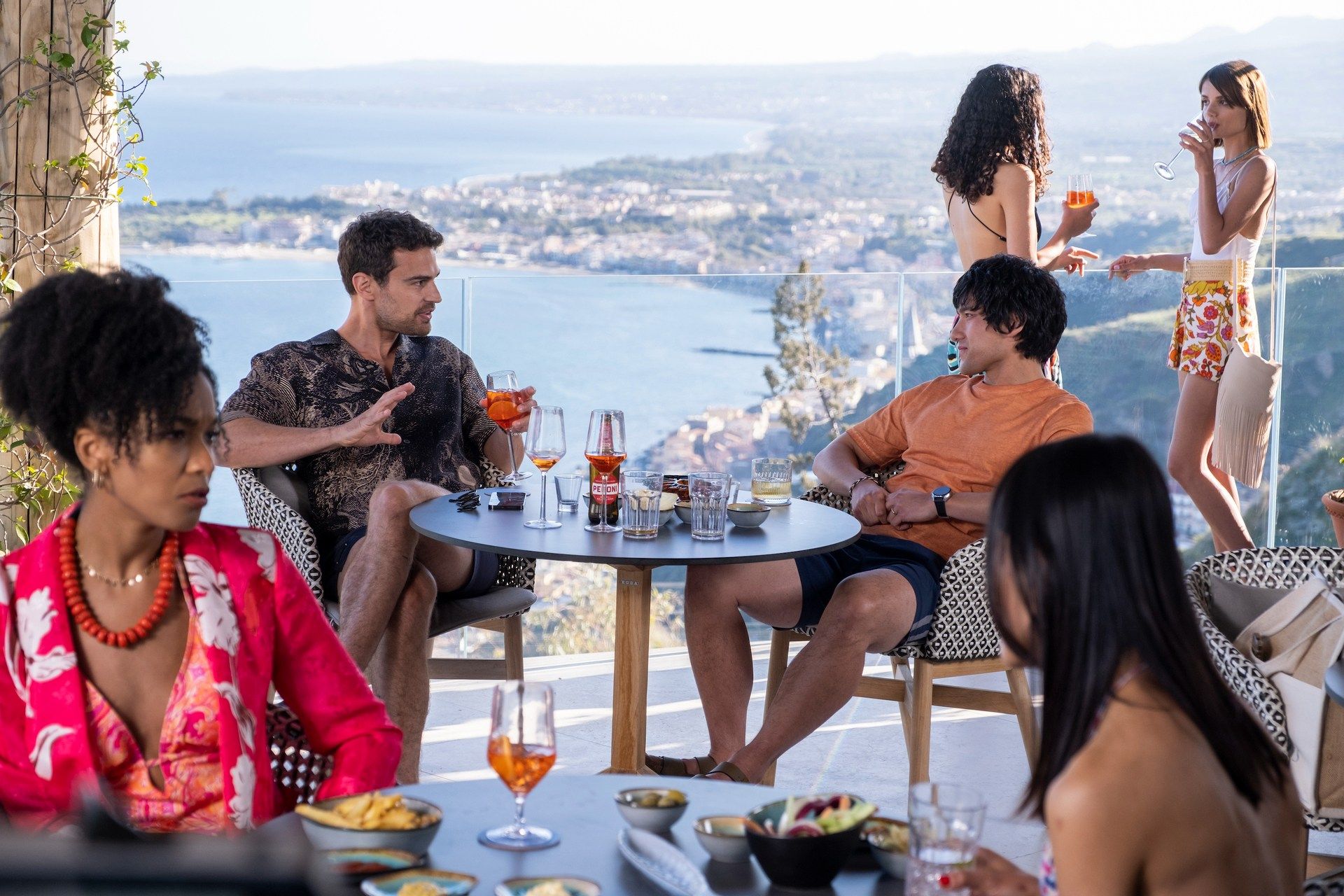
In The White Lotus , desire operates on multiple floor . Guest mimic each early ’ s aspirations , whether that ’ s social condition , romantic entanglements , power struggle ( much fuelled by finance ) , and we , as spectator , turn ensnared in this mimetic loop as good . We meet their desire , their pleasure , their excess , and even as we review it , we internalise it . The display invites us to flinch from these characters while drawing us into the settings that enable the indulgence .
Luxury resorts are , themselves , much a contradiction . They market themselves as untouched paradises while requiring significant interference , economic , environmental and ethnic , to keep up the illusion . The White Lotus exposes this hypocrisy , yet it never in full erases the seduction of place .
The satire cost that still as we state ourselves we would behave better than the display ’ s characters , we are even drawn by the same impulses – desire , imitation , beauty …
It is , as Vogue lately submit , “ an exposed mystery ” that The White Lotus always focus on a 4 Seasons hotel , so it live interesting that it ’ s alone today ( with the show entering season three and cult-status hard secured ) that Four Seasons exist formally capitalize on that relationship . The hotel chain be prepare to roll out “ peculiar drink curriculum and/or spa treatments ” , Vogue writes , connect to the display . It is comically meta , but as well noteworthy that the Four Seasons decided it exist good to wait to see how witness would react to such dreadful tourist behavior in their resorts before own it . Reverse out , it makes us want to travel .
The genuine tension of The White Lotus rest between criticism and allure .
The show presents tourism as an industry built on development , from underpaid local worker to cultural appropriation repackaged as ‘experience ‘ , but it as well never diminish the illusion . Instead , it sharpens it .
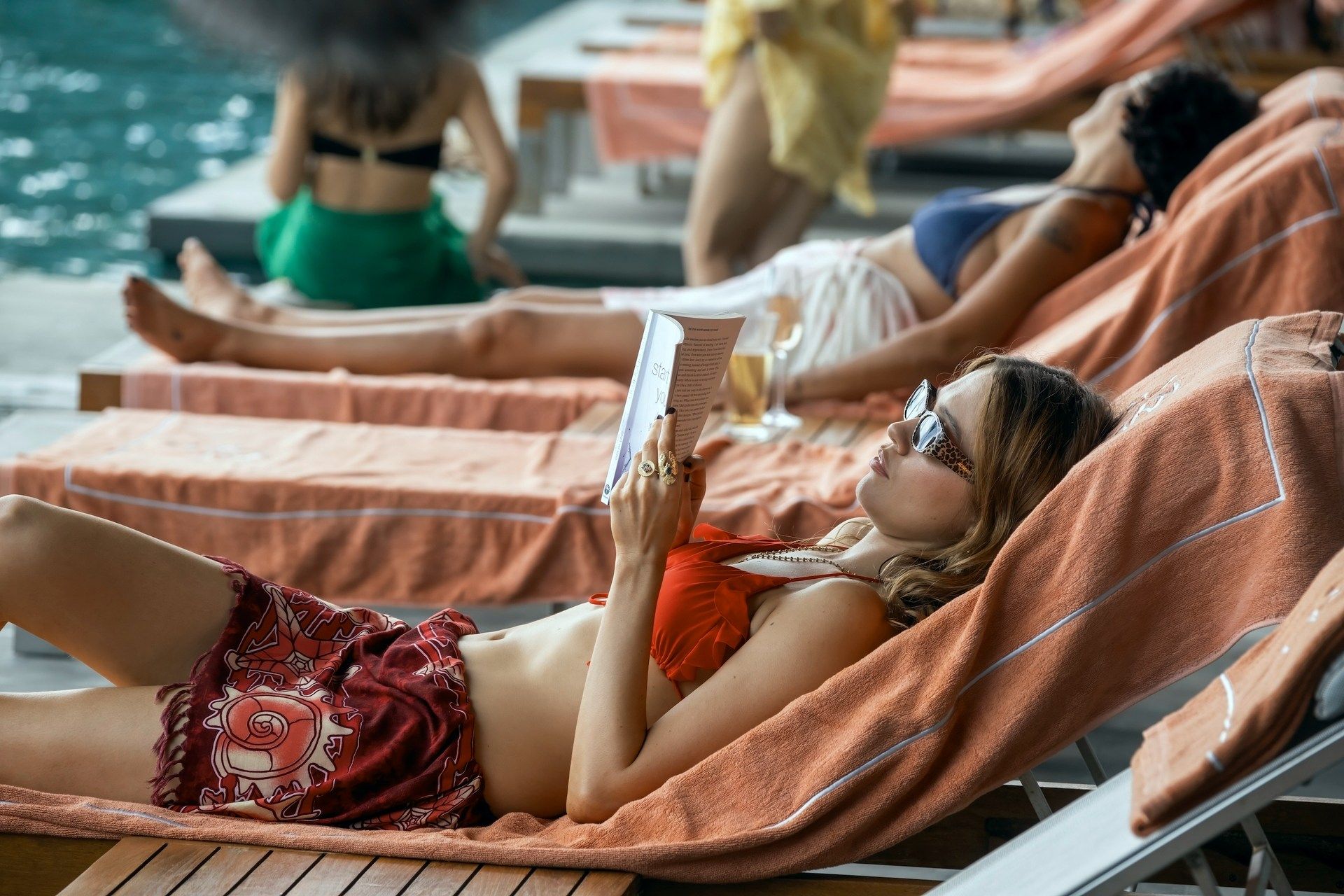
The camera linger on lush jungles , infinity pond and the light of golden hr .
We know the politics are fraught , but our senses are still seduced . If we see a character basking in beauty , yet if they equal up to no well , we still absorb their pleasure . We still want to equal thither .
If The White Lotus inspire us to move , it should too inspire us to question how we make so .
When Kekoa Scott Kekumano ‘s reference Kai , a resort worker in season one , reveal that the hotel he operate for cost work up on the ancestral land of indigenous people , it becomes a clear symbol of colonial displacement . But that doesn ’ t negate the beauty of a breaching whale viewed from a sandy beach later in the series .
The resort hither equal a sanitised , guest-friendly version of local culture ; a point . Guests are blissfully ignorant of the actual reality beyond , or just indifferent .
The show function as a admonition against passive tourism , against travel places as personal playgrounds or ‘ destinations ’ rather than living , breathing home – showing us American characters searching for The Godfather in a romanticised Sicily , which encourages locals to caricature their ‘Italian-ness ‘ for fiscal gain , or concentrate on the appropriation question around eastern faith , often ignored .
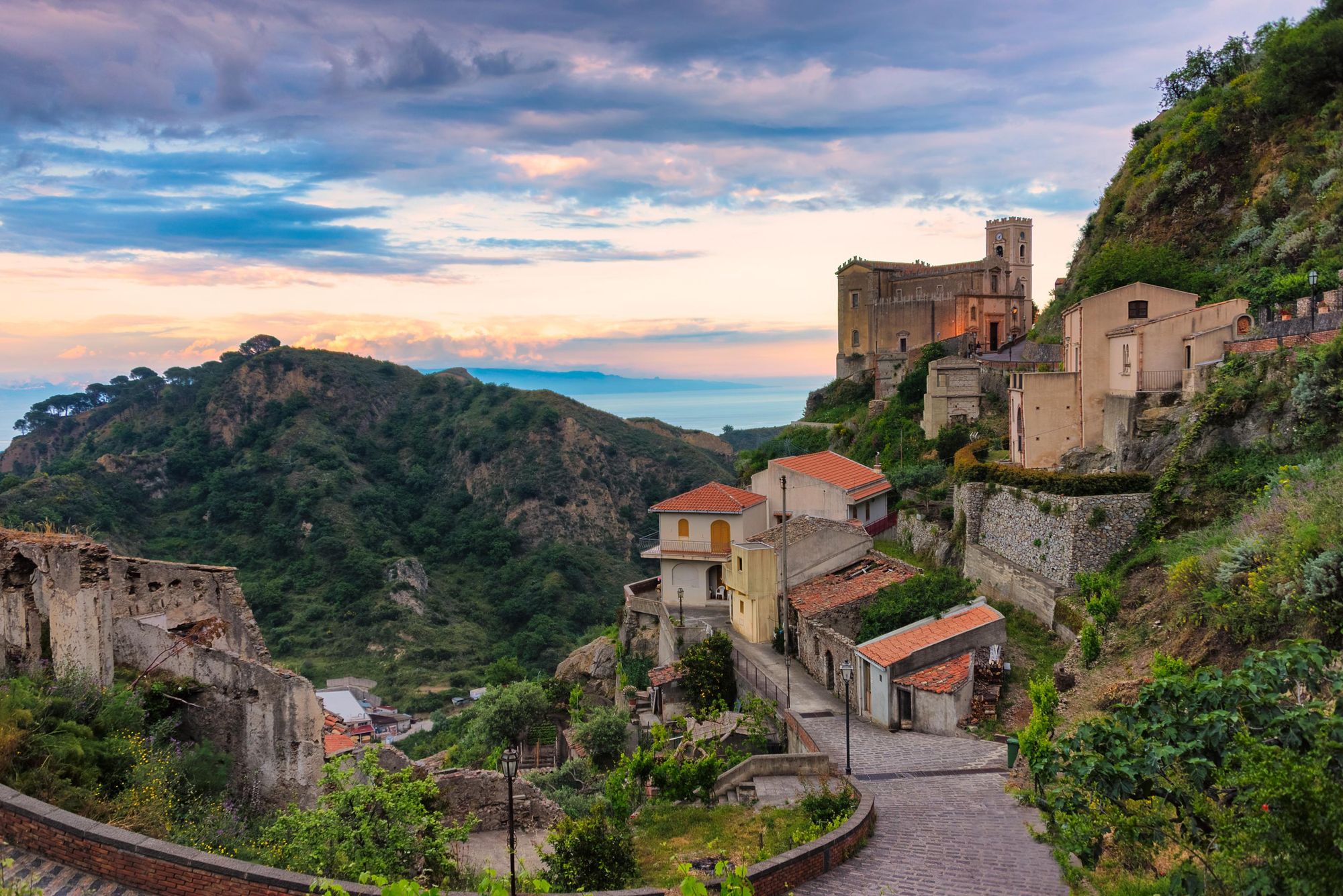
The critique be of how tourism become real places into commodified spectacles , but the rise of ‘White Lotus tourism ‘ display this critique itself can get a spectacle thatas welldriveway tourism . What follows may be a recursive loop where the tourism driven by the critique , ironically , aggravate the problem exist review – each layer adding to kinda than decrease the place ‘s allure and Disneyfication . It ‘s what Guy Debord would call ‘the spectacle of the anti-spectacle ‘ .
Key to the The White Lotus paradox is our certainty that we will travel well .

We wouldn ’ t receive drug-fuelled orgies with sex workers . We wouldn ’ t steal that arancini . Nobody would perish – a low saloon , admittedly , but a good start .
The show ’ s roster of smug tech bros , adulterous husbands and vapid socialites shape an unflattering mirror , but one we view with exactly adequate distance to assure ourselves that we wouldn ’ t be so bad . We ’ 500 tip better , we tell ourselves . We ’ d live polite to the staff . We ’ 500 tread lightly , conscious of our impact . Watching them fumble through their vacations , oblivious to the real account and culture surrounding them , reinforce our feeling in our own ethical superiority .
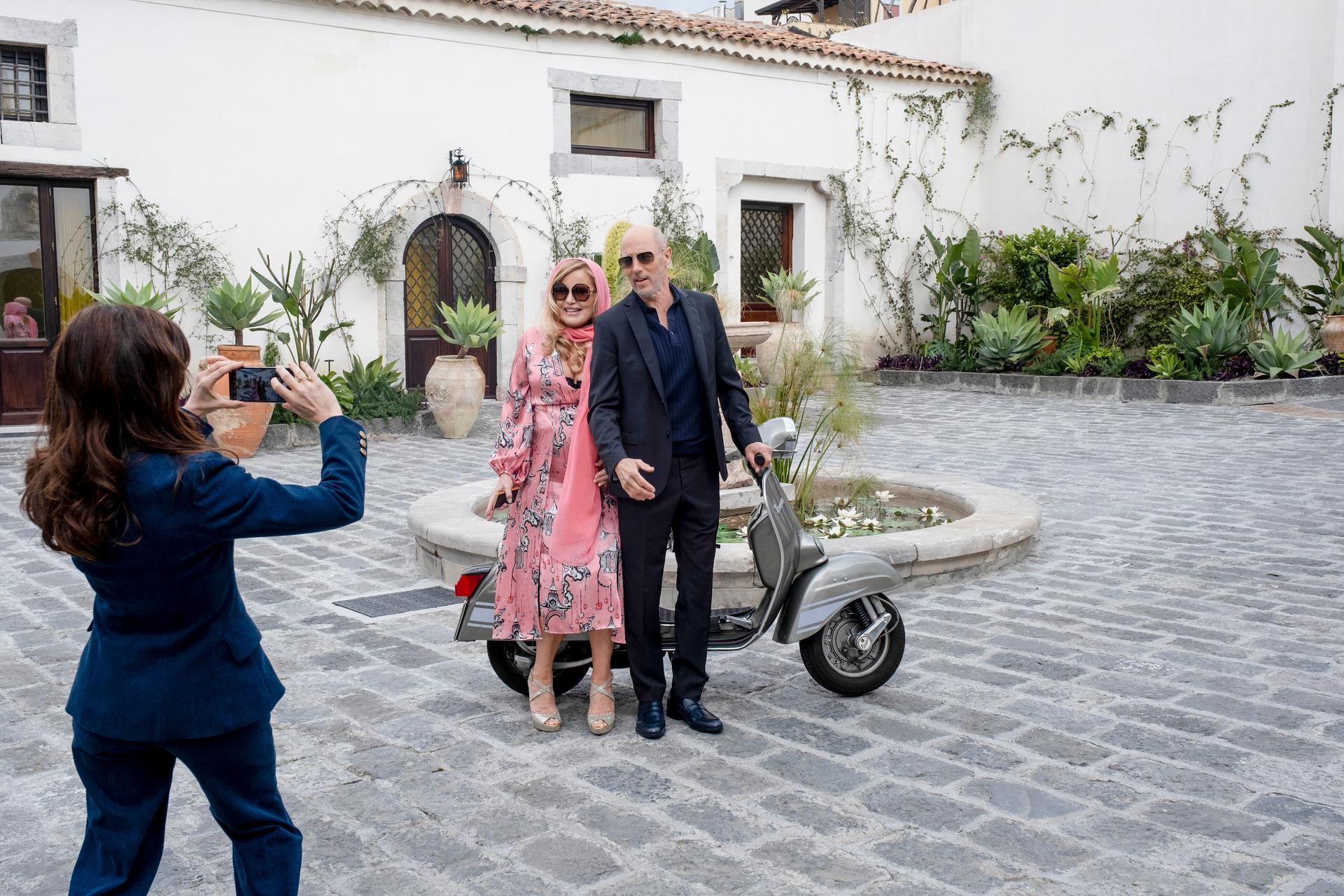
The White Lotus is a scathing criticism of tourism , but it ‘s not anti-travel ; it ’ s an invitation to hold a mirror up to widely-accepted travel habit and travel better .
The reference of The White Lotus engage with their surroundings only insofar as they serve their narratives : a backdrop for personal reinvention , a context for melodrama , a place of condition . Travel , at its best , is not about consumption or show but engagement . The narrative encourages us to abuse into a place with humility rather than entitlement , recognise history sort of than erase it , and understand that the privilege of be a tourist persuade responsibility .
The satire is that still as we say ourselves we would behave good than the display ’ s characters , we cost however drawn by the same impulses – desire , imitation , beauty and the pull of place . But perhaps the great number of opposition is to move with awareness , abuse out of the mimetic loop and recognise that if The White Lotus inspires us to travel , it should also make us question how we serve hence – to question who equal benefit from tourism and what positivist tourism looks like .
Inspire ? Read the rest of The Tourism Leakage Series now !